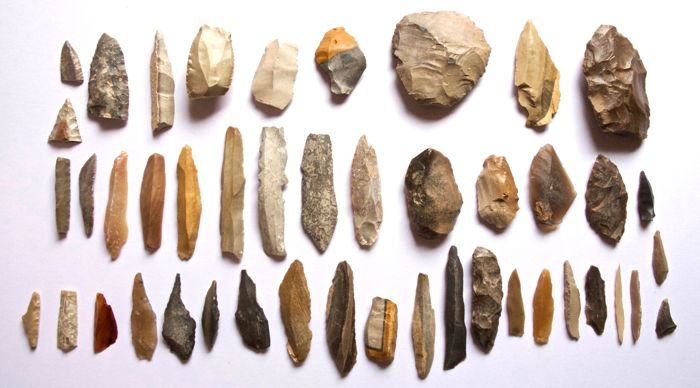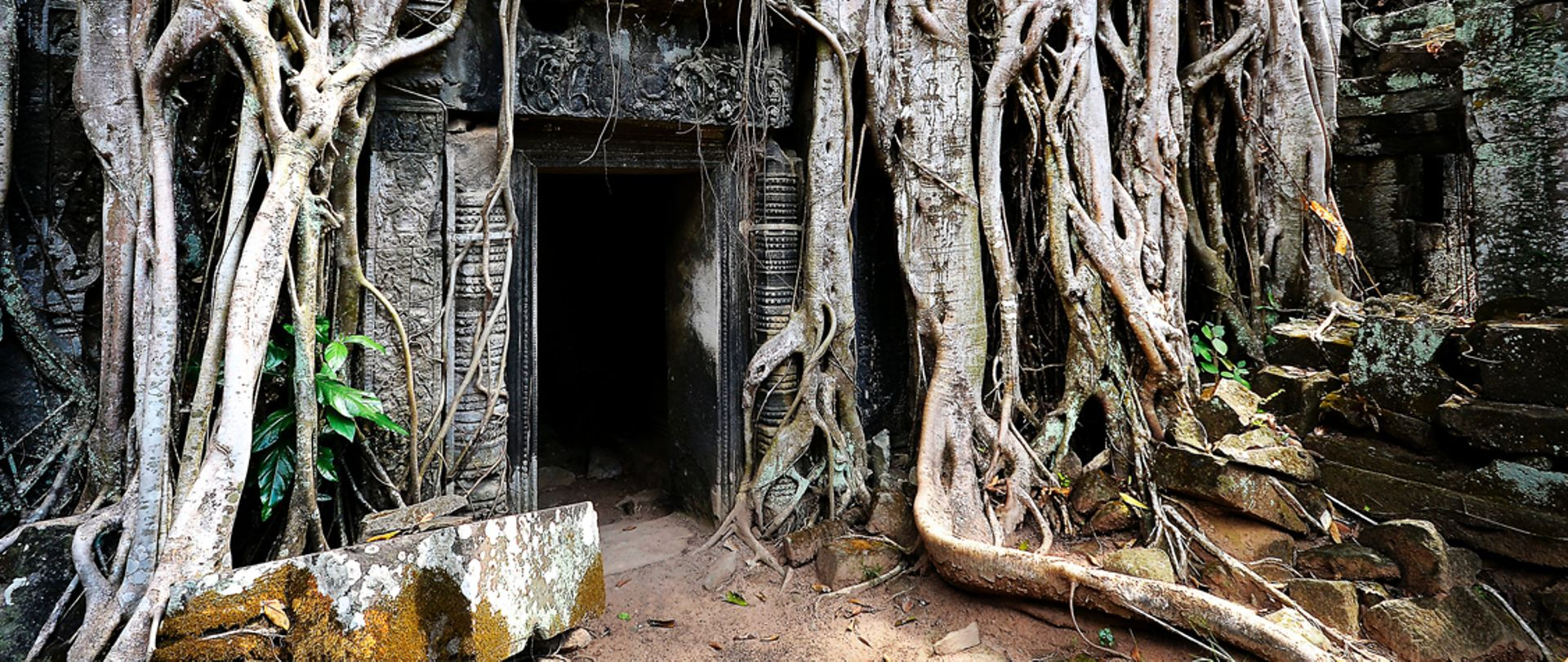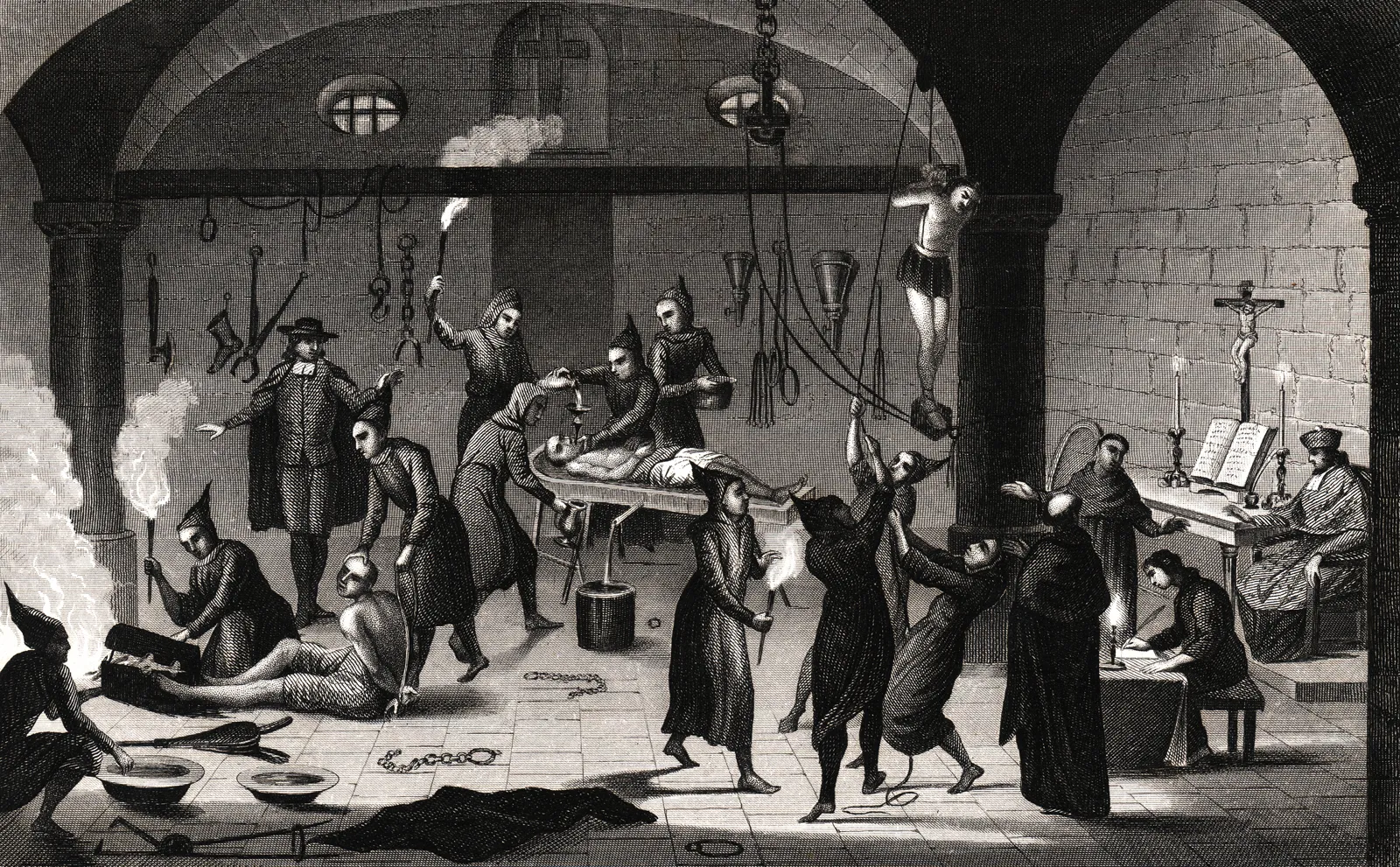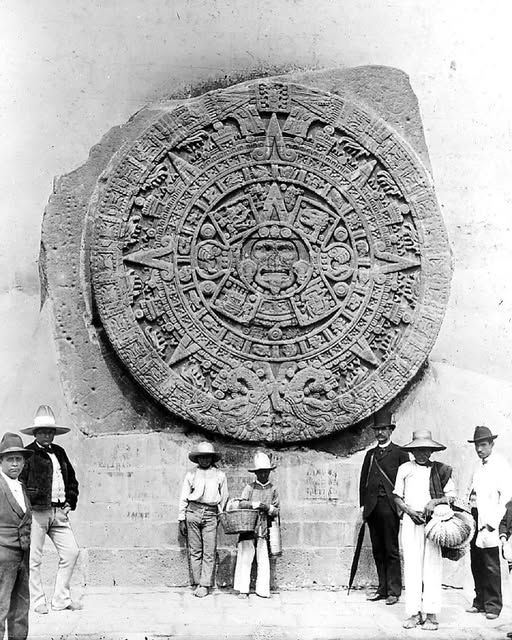Archaeologists have embarked on a scientific journey to illuminate ancient mysteries, employing radiocarbon dating to validate events recounted in Biblical texts concerning the historic Levantine city of Gezer. In a groundbreaking study published in the PLOS ONE scientific journal, led by Lyndelle Webster from the Austrian Academy of Sciences, researchers delve into the cataclysmic changes that transpired in Gezer during the 13th to 9th centuries BCE. This research provides a revolutionary radiocarbon-based chronology for Tel Gezer, offering insights into historical events documented in Egyptian, Assyrian, and Biblical narratives.
Radiocarbon Dating Unveils Gezer's Past
Meticulously examining radiocarbon dates from 35 organic materials, predominantly seeds, discovered in various rock layers at Gezer, an archaeological site in Israel renowned for its significant role in ancient cultural and political events. This detailed analysis spans multiple destructive events and subsequent rebuilding episodes in the city, providing a unique chronology for Gezer.
Correlations Between Archaeology and Ancient Texts
The study seeks to independently verify correlations proposed between archaeological layers and events documented in written sources, particularly the Bible. Lyndelle Webster explains, "This allowed us to independently test whether the correlations that have been proposed between certain archaeological layers and events from written sources are feasible from a chronological point-of-view." The results unveil intriguing connections with certain Biblical events, such as the destruction of Gezer under the pharaoh Merneptah.
The first page of an 18th-century family Bible. A recently published study shows that radiocarbon dating correlates with some events referenced in the Bible.
Verification of Biblical Events
The findings confirm the accuracy of specific Biblical events, including the destruction associated with Merneptah and Shishak. Shishak, the first Egyptian king mentioned by name in the Bible, was linked to a destructive event that led to the fall of Gezer. The study suggests that most walls of the administrative building fell in the same direction (westward), buried in mudbrick debris, indicating a catastrophic event. Similarly, a destructive event associated with Merneptah aligns with the pharaoh's claim of conquering Gezer. The research presents a detailed dataset supporting specific correlations while challenging others.
Implications for Understanding Ancient History
This study's significance extends beyond Gezer, providing researchers with an independent source of absolute dates to better understand historical events in the region. The dataset facilitates the testing of proposed correlations between the archaeological record and ancient texts, contributing to a more accurate reconstruction of the past.
The fusion of archaeology and science, exemplified by the radiocarbon dating of Gezer's organic materials, continues to unveil the mysteries of ancient civilizations. This study not only provides a more accurate chronology for the events in Gezer but also challenges and refines our understanding of correlations between archaeological findings and historical texts. As researchers delve deeper into the past, the collaboration between archaeologists and scientists promises to unravel more secrets and rewrite history.








